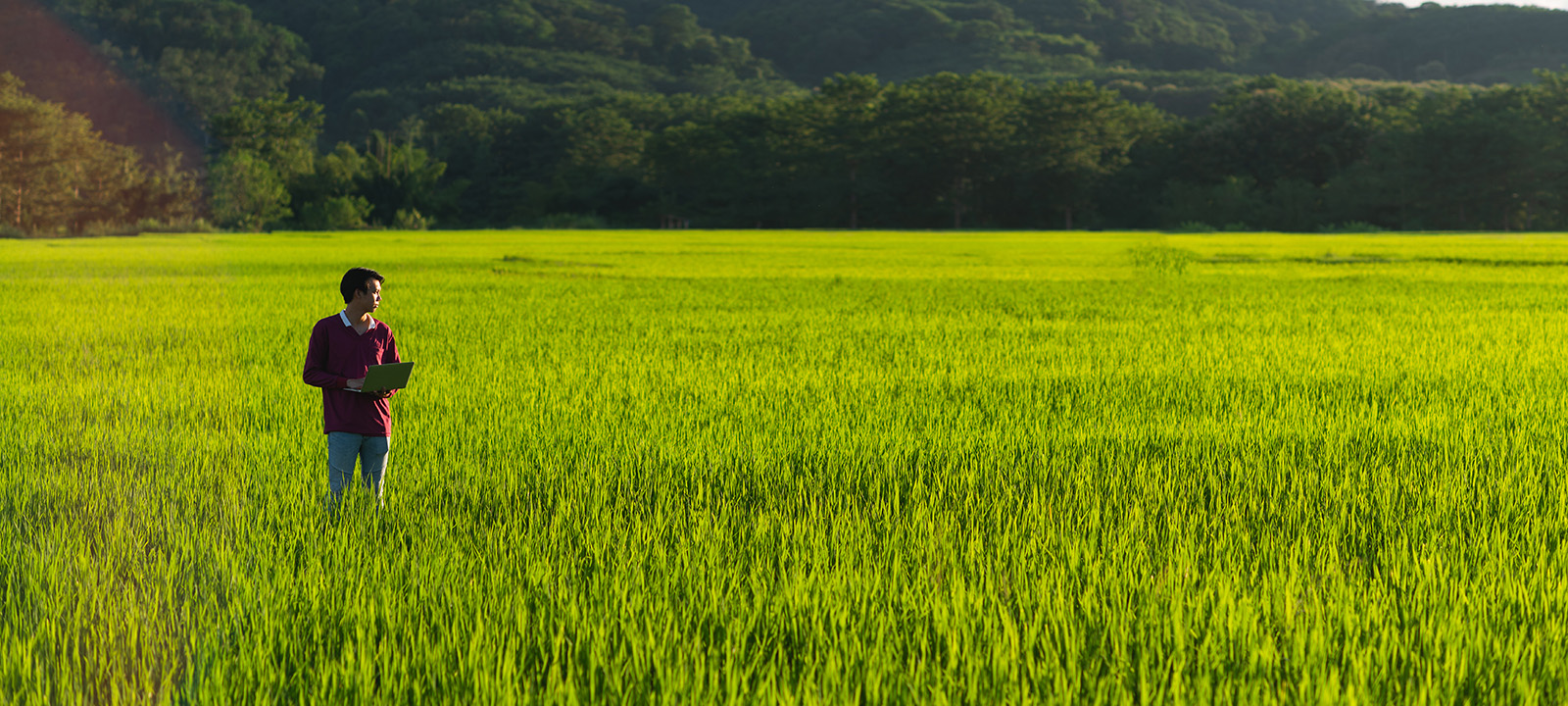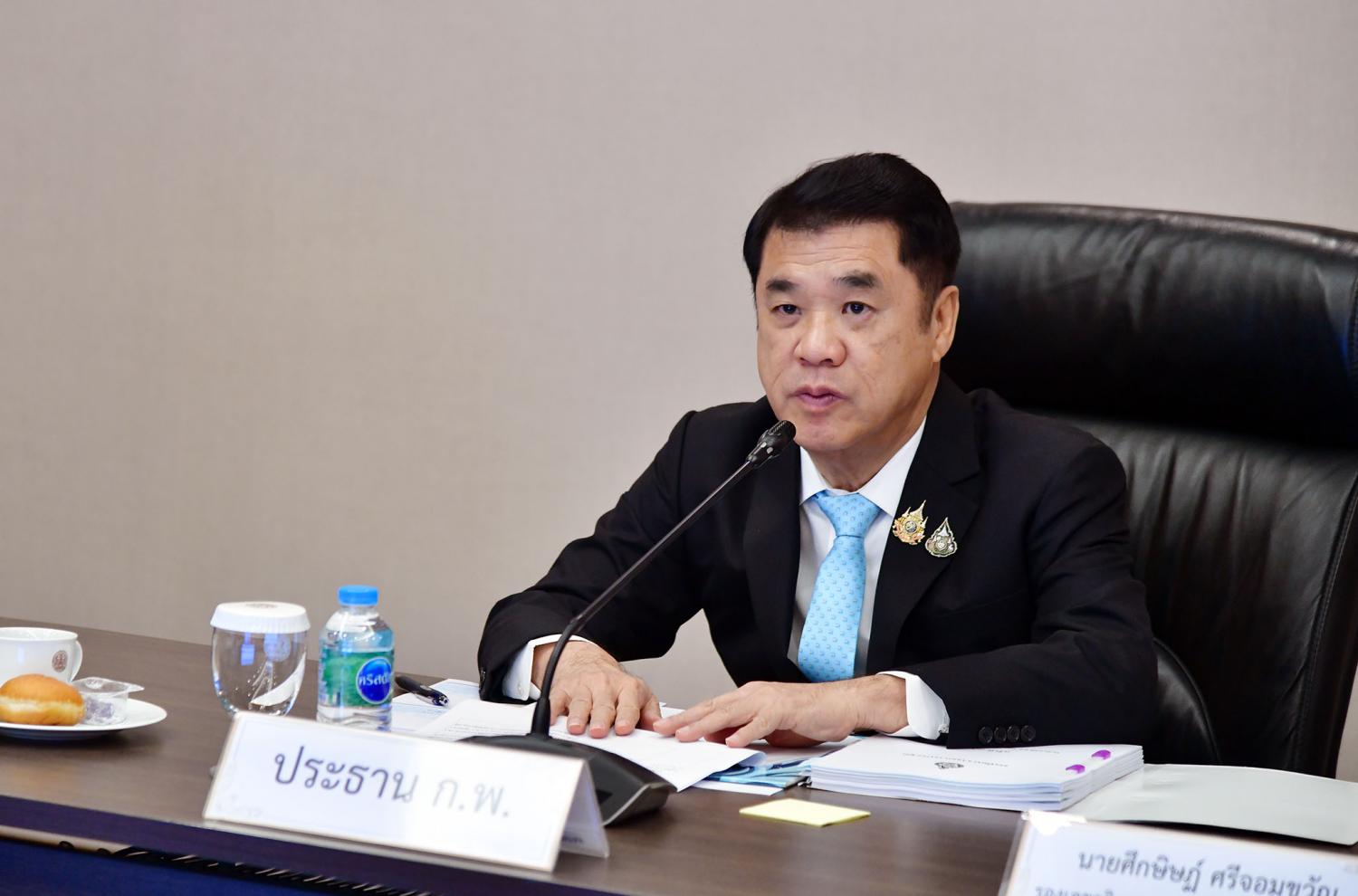Introduction to Climate-Smart Practices
Enhancing Efficiency and Sustainability
Thailand is launching a comprehensive initiative to transform its rice farming sector by introducing climate-smart practices nationwide. This ambitious project aims to support over 253,400 rice farmers in adopting sustainable farming methods, enhancing efficiency, and reducing greenhouse gas emissions by 2.44 million tonnes of CO₂ by 2028. The initiative focuses on implementing ten key climate-smart technologies, including farm-level water management, laser land levelling, and integrated pest management, to build resilience against climate change.
Implementing Climate-Smart Technologies
Key Innovations for Sustainable Rice Production
The project will equip farmers with skills and resources to adopt innovative technologies such as alternate wetting and drying, straw and stubble management, and site-specific nutrient management. These technologies are designed to increase rice yields, lower production costs, and enhance the overall sustainability of rice farming. By promoting access to financial support and strengthening market connections, the initiative seeks to benefit both farmers and the broader rice sector.
Collaboration and Investment Opportunities
Strengthening Partnerships for Sustainable Agriculture
The initiative brings together government officials, private-sector entities, farmers, and academic institutions to foster collaboration and synergies across the rice value chain. Under the theme “Rice is More: More Vision, More Action, More People Benefitting,” the project encourages policy-oriented discussions and public-private dialogues on investment opportunities in the rice sector. This collaborative approach aims to scale up the implementation of climate-smart rice farming practices across Thailand.
Impact on Farmers and the Environment
Building Resilience Against Climate Change
By adopting climate-smart farming practices, Thai farmers can improve their livelihoods while contributing to environmental sustainability. The project’s focus on reducing emissions and enhancing efficiency aligns with global efforts to combat climate change. As Thailand continues to be a major player in the global rice market, this initiative positions the country as a leader in sustainable agriculture practices.
Future Prospects and Challenges
Scaling Up Sustainable Rice Farming
The success of this initiative will depend on the ability to scale up climate-smart technologies across 21 key rice-producing provinces in Thailand. Challenges include ensuring widespread adoption among smallholder farmers and maintaining consistent support from both public and private sectors. However, with its comprehensive approach and collaborative framework, Thailand is poised to revolutionize its rice farming sector and set a precedent for sustainable agriculture globally.









